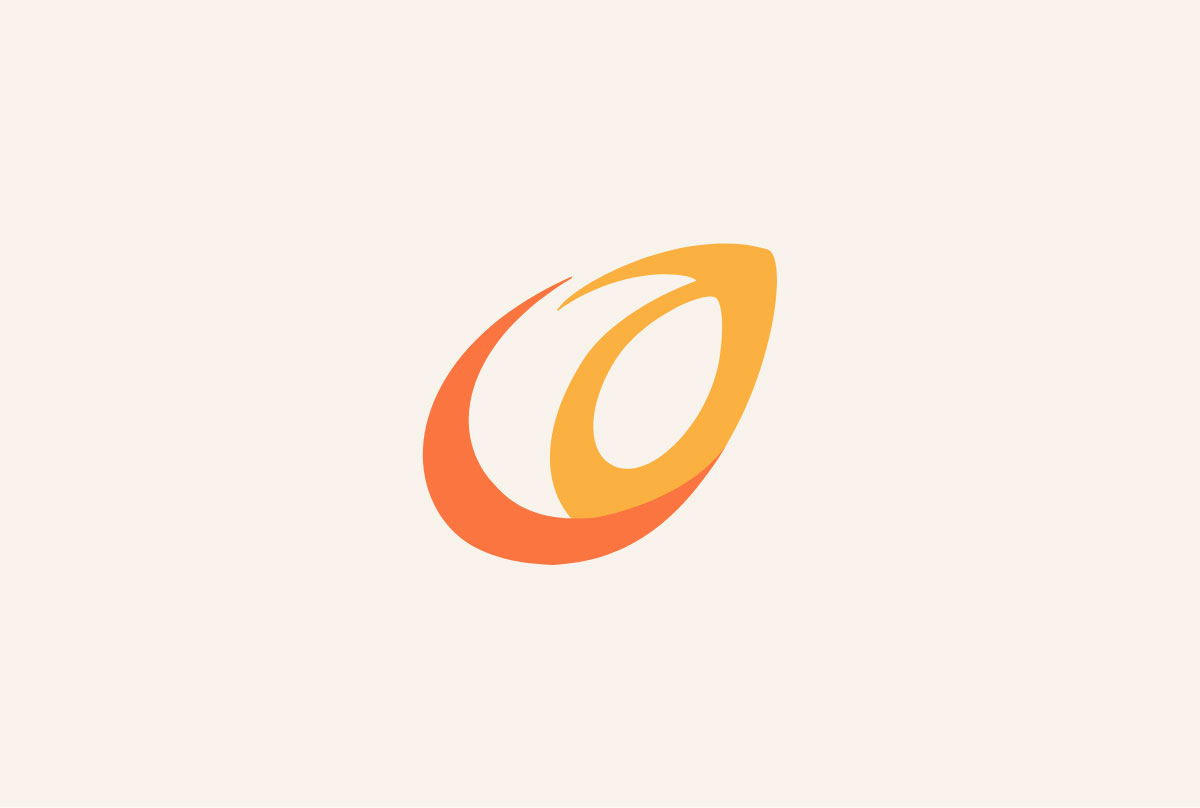Why Cover Crops?
Cover crops and resident vegetation can provide enhanced agronomic and ecosystem benefits to California almond orchards. Management and site-specific factors will determine if, when, and how cover crops will fit into a specific orchard system.
Depending on the circumstances, cover crops or resident vegetation have the potential to help growers accomplish a wide range of goals, from desired improvements to reductions in on-farm challenges.
No single cover crop will accomplish all these goals at once. Fellow growers, University of California Cooperative Extension (UCCE) farm advisers, crop and pest advisers, the United States Department of Agriculture (USDA) Natural Resources Conservation Service (NRCS) and the broader research community are all important allies in determining when and how to use cover crops to accomplish your goals. Further, research funded by the Almond Board of California (ABC), California Department of Food and Agriculture (CDFA), USDA and other organizations throughout the state continues to define and refine the best practices for cover crops use in almonds.
